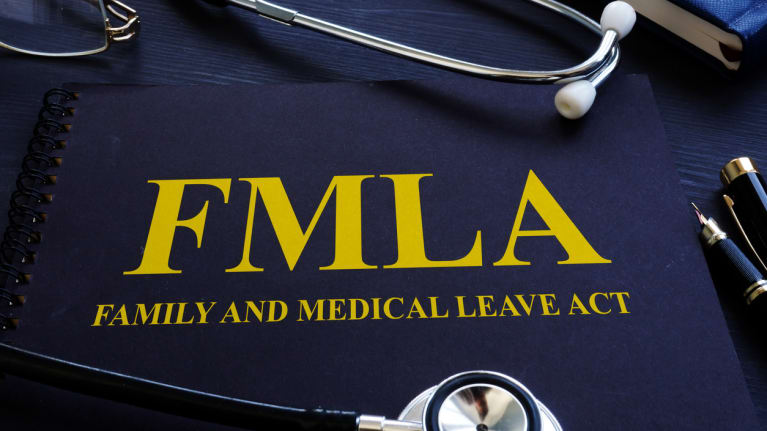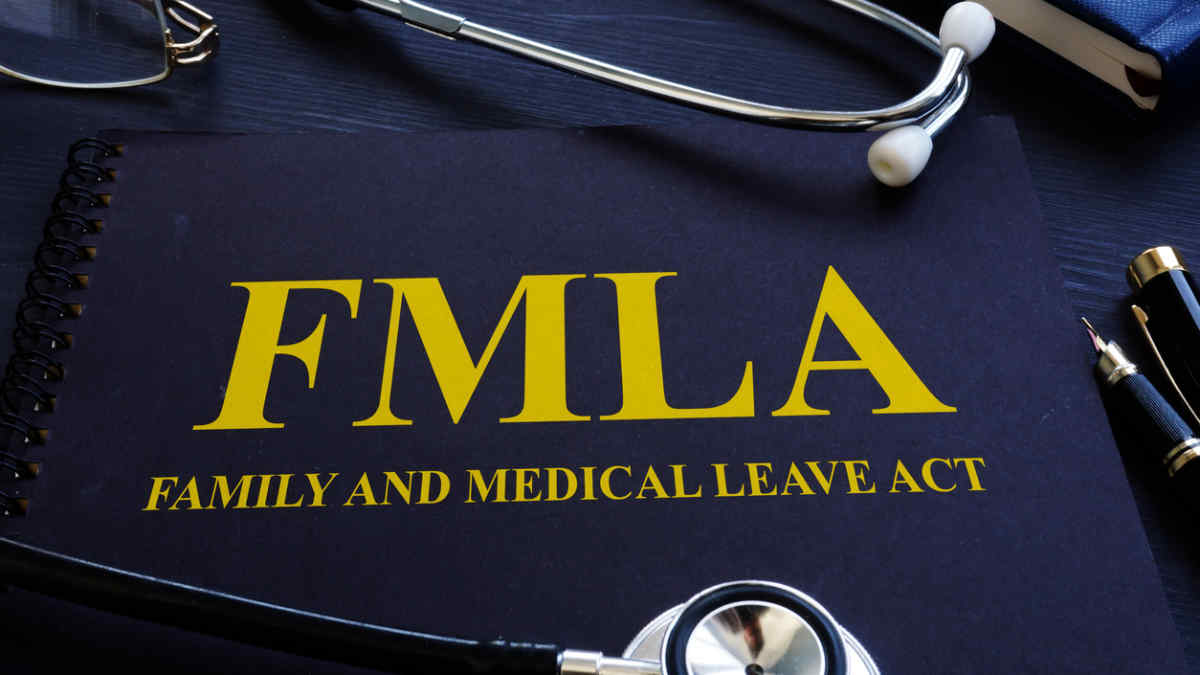

?Takeaway: The facts of this case occurred just before the Families First Coronavirus Response Act (FFCRA) took effect mandating leave for COVID-19-related health and child care concerns after April 1, 2020—a requirement that ended Dec. 31, 2020.
?An employee with a sick child who was denied remote work at the start of the COVID-19 pandemic may have brought viable Family and Medical Leave Act (FMLA) claims against her employer.
In May 2018, the plaintiff was hired as an attorney at Fieger & Fieger PC, a Michigan law firm. As an employee, she was entitled to two weeks of vacation, three personal days and two sick days each year. By early March 2020, she had used five days of vacation and two sick days.
On Friday, March 13, 2020, President Donald Trump declared a state of emergency as a result of the spread of COVID-19. All Michigan schools and day care facilities immediately closed due to the pandemic. In response, the firm requested that the plaintiff thoroughly clean her desk, and preassigned her team of employees to work from home on Wednesday of the following week.
Over the weekend, the plaintiff e-mailed a partner at the firm about her concerns of COVID-19 exposure and requested to work from home on Monday, March 16, and Tuesday, March 17. In her March 14 e-mail, she noted her worry that her children’s day care facility had been closed due to COVID-19. The next day, she sent another e-mail to the partner stating additional concerns about her son’s heightened vulnerability to contracting COVID-19 as a result of his recent bout with respiratory syncytial virus, a respiratory infection that put him in the hospital for five days and resulted in his continued use of a nebulizer for breathing episodes.
In response, the partner told the plaintiff that he could not approve work-from-home requests and suggested that she ask the owner of the firm. He said if she could not work from home she could take paid time off (PTO) on those two days. The plaintiff then called the firm owner to request to work remotely on March 16 and March 17, which he denied.
She then contacted HR to use PTO instead, which HR granted. That same day, the federal government issued additional COVID-19 guidance discouraging unnecessary travel and gathering in groups of more than 10.
Later that day, the plaintiff’s direct supervisor called her to ask if she planned to return to the office on Thursday, March 19. She said that she did but remained concerned about her children’s day care being closed and about her child who showed COVID-19 symptoms such as a cough, runny nose and gastrointestinal issues. The plaintiff worked from home on Wednesday and intended to return to work on Thursday, but her son’s symptoms persisted and worsened.
The plaintiff told HR she would have to work from home or take unpaid leave the rest of the week. HR allowed her to take unpaid leave. However, after talking with her supervisor, HR e-mailed her a termination letter signed by the firm owner, who claimed she quit by staying home.
The plaintiff sued the firm asserting wrongful discharge under the FMLA and state law. The firm moved to dismiss her complaint arguing that she had failed to state a claim under the FMLA because she was not entitled to FMLA leave. The district court granted the motion, and the plaintiff appealed to the 6th U.S. Circuit Court of Appeals.
On appeal, the plaintiff argued that she was fired for the protected activity of inquiring about FMLA leave. The 6th Circuit noted that the plaintiff never actually took FMLA leave, but only made a request for leave. Thus, the court found, the question was whether she had a right to inquire about and request leave even if it turned out that she was not entitled to such leave.
The court found that, in March 2020, national actions indicated that COVID-19 could be a serious health condition for which the plaintiff might seek FMLA leave. It noted that the FFCRA went into effect just days later, on April 1, 2020, under which employees were entitled to Emergency Family and Medical Leave and Emergency Paid Sick Leave for similar reasons.
Thus, the 6th Circuit reversed the district court and reinstated the plaintiff’s claims.
Milman v. Fieger & Fieger PC, 6th Cir., No. 21-2685 (Jan. 25, 2023).
Jeffrey Rhodes is an attorney with McInroy, Rigby & Rhodes LLP in Arlington, Va.

